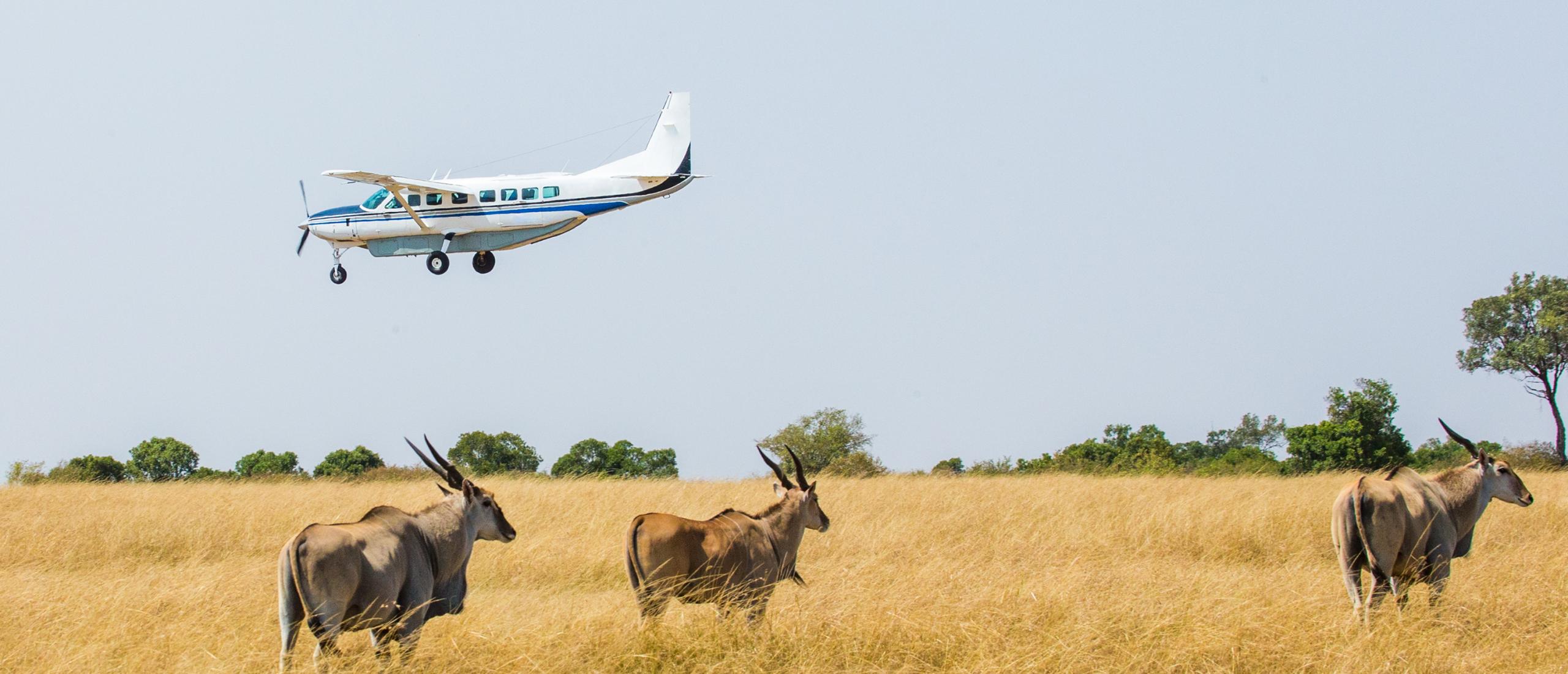Graham Sales Safaris
Overview
Graham Sales Safaris (GSS) is based in Nelspruit (45 minutes from the Kruger National Park), which is the capital of Mpumalanga, South Africa’s most eastern province.
All safaris, whether it is a Trophy hunting Safari or a photographic safari, all are designed on an individual basis and are tailored to the trophy requirements of each individual client. We believe in fair chase, and ethical hunting, and we provide a service based on passion and professionalism, while being selective in trophy quality.
Sustainable Safari Hunting and conservation go hand in hand. Sustainable Safari hunting, which is the selective use of renewable resources, is one of the best forms of conserving wilderness habitats. Key to this is the human population either living in these areas or within the surrounding wildlife areas. For people to conserve wildlife, they need a financial incentive to make this worthwhile. If wildlife does not contribute to local communities, people will resort to other forms of land use, such as agriculture, which has a negative impact on the wild animals.
Safari hunting only uses old males which make up 5% of the total wildlife population in an area. Out of this population, the annual use would be about 10%. In other words, the actual use is minimal and not damaging to the wildlife resources. Most old males targeted by Safari hunting are past their breeding potential, and at the apex of their life before decline and natural death. After all, our interest at GSS is the long term wellbeing of all wildlife so that we can continue to enjoy our adventures into the wilderness.
All safaris, whether it is a Trophy hunting Safari or a photographic safari, all are designed on an individual basis and are tailored to the trophy requirements of each individual client. We believe in fair chase, and ethical hunting, and we provide a service based on passion and professionalism, while being selective in trophy quality.
Sustainable Safari Hunting and conservation go hand in hand. Sustainable Safari hunting, which is the selective use of renewable resources, is one of the best forms of conserving wilderness habitats. Key to this is the human population either living in these areas or within the surrounding wildlife areas. For people to conserve wildlife, they need a financial incentive to make this worthwhile. If wildlife does not contribute to local communities, people will resort to other forms of land use, such as agriculture, which has a negative impact on the wild animals.
Safari hunting only uses old males which make up 5% of the total wildlife population in an area. Out of this population, the annual use would be about 10%. In other words, the actual use is minimal and not damaging to the wildlife resources. Most old males targeted by Safari hunting are past their breeding potential, and at the apex of their life before decline and natural death. After all, our interest at GSS is the long term wellbeing of all wildlife so that we can continue to enjoy our adventures into the wilderness.
This block is broken or missing. You may be missing content or you might need to enable the original module.

